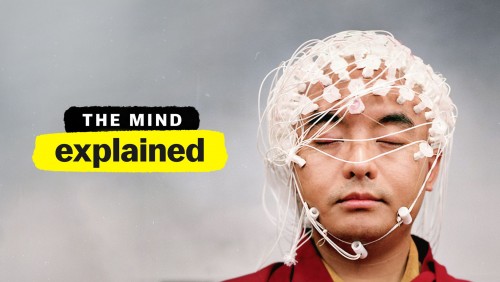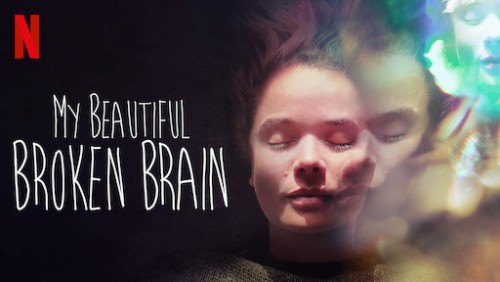
We have today two Netflix documentaries you can watch at your home: The Mind, Explained and My Beautiful Broken Brain. The first is a web TV series released in September of 2019 and is a spin-off of the show Explained created by Ezra Klein and Joe Posner. The Mind, Explained is narrated by Emma Stone and examines themes such as what happens inside human brains when they dream or use psychedelic drugs. Memory, Anxiety and Mindfulness are also topics discussed in this series of relatively short episodes (around 20 minutes). The website Decider called it "one of those shows you turn on when you just want to see something short and interesting without having to follow a plot. And though it can be superficial at times, you generally come away from each episode knowing something about your brain you didn't know before." So, if you are a neuroscientist or a brain nerd, this show can fall short. But this is a perfect show to watch with your non-nerd family or friends and introduce them to the brain and its wonders!
My Beautiful Broken Brain is a single-episode documentary from 2014 focusing on the life of Lotje Sodderland, a 34-year-old women (who is also one of the directors). Lotje suffered a hemorrhagic stroke as a result of a congenital vascular malformation in November 2011, initially experiencing aphasia, the complete loss of her ability to read, write, or speak coherently. She covers some of the daily challenges she experienced after sustaining an injury to her brain through the stroke, not just with dysphasia (inability to produce and understand spoken language) and apraxia (inability execute or carry out learned purposeful movements) while communicating through expressive verbal language, reading and writing, but also the memory deficits, confusion, cognitive processing and sensory perception changes, over-sensitivity to noise and the sensations of overwhelm, fatigue, frustration, and at times discouragement about future considering the changes in her life. Lotje began recording video-selfies just a few days after the stroke, while still in the hospital. Large parts of the film consist of material filmed by herself on her iPhone.
Let us know if you saw these documentaries already and if you have any other suggestions you would like to share with everyone! Stay safe!













